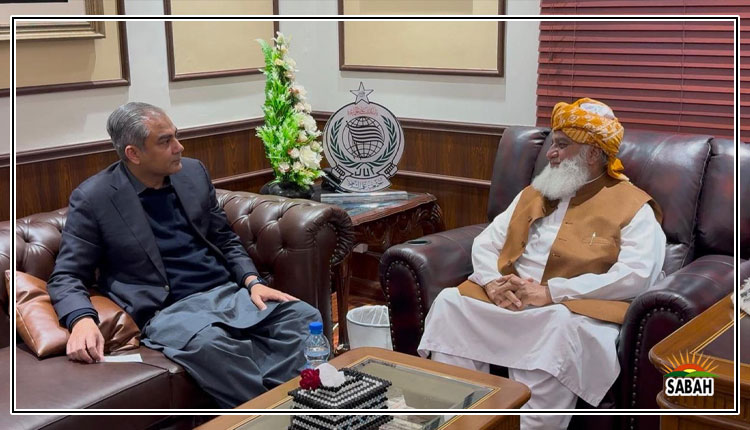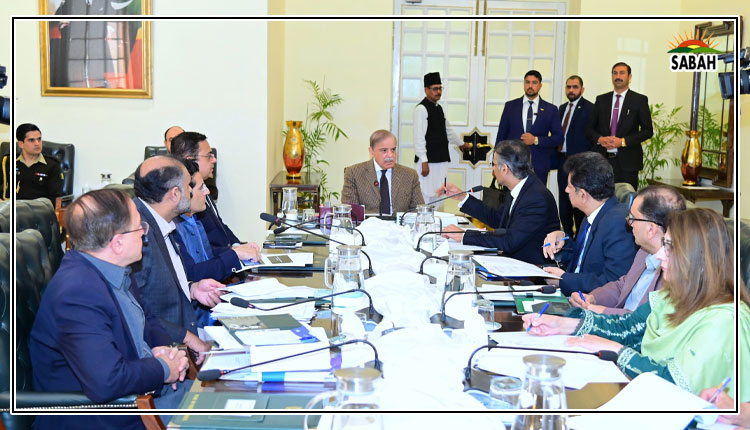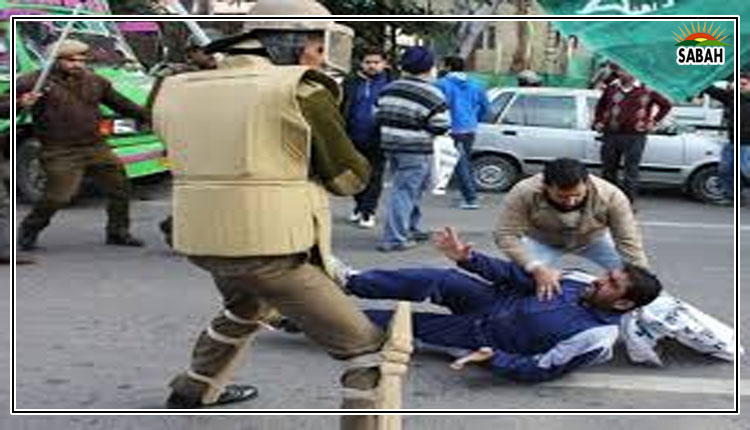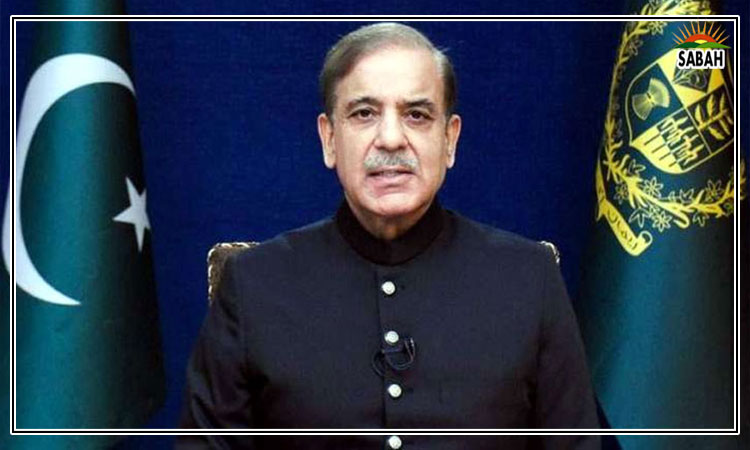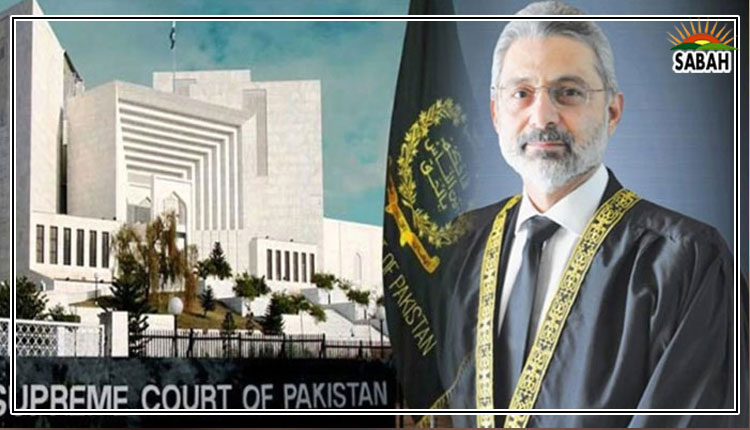Justice Qazi Faez Isa raises question on the constitution of special benches by CJP
ISLAMABAD, Mar 15 (SABAH): Supreme Court of Pakistan senior puisne judge Justice Qazi Faez Isa on Wednesday raised a question on the constitution of special benches by the Chief Justice of Pakistan (CJP).
Earlier, Chief Justice of Pakistan Justice Umar Ata Bandial had formed a three-judge special bench, led by Justice Isa, to hear a suo motu case related to examining the grant of 20 additional marks to a Hafiz-e-Quran student while admitting them for an MBBS/BDS degree. Other members of the bench are Justice Yahya Khan Afridi and Justice Shahid Waheed.
The suo motu was numbered last year and the bench was to see if it fell in line with the MBBS and BDS (Admission, House Job and Internship) Regulations 2018.
It may be noted also that this was the first time the CJP had included Justice Isa in a special bench hearing a suo motu case.
During the proceedings on Wednesday, Justice Qazi Faez Isa questioned whether SC Rules allow the constitution of special benches in the first place.
“Where is the concept of special bench,” he asked noting that “they (the three) judges were sitting in different benches in the morning”.
He said the constitution of special benches would create “misgivings” and open the apex court to “criticism”.
Attorney General for Pakistan Shehzad Ata Elahi said that there were precedents but nonetheless sought time from the court to assist on the matter.
Justice Isa also wondered why the matter of granting 20 additional points to a student was fixed after 14 months.
Expressing his deep concerns, the senior judge said that the SC “is a completely unaccountable institution” and that therefore “we must proceed with utmost caution”.
“What is the due process”, Justice Isa asked, “if one case is fixed for hearing for the very next day after being filed while another is listed after a delay of several months?”
The SC judge also expressed reservations about the ban placed on criticising state institutions — in particular the conduct of superior courts — by the country’s media regulatory body (PEMRA).
“Why should my conduct not be discussed if I do something wrong?” he said, “does PEMRA want to create a police state?” He also asked what the term ‘state institutions’ even meant.
“The Federal Shariat Court could even declare the PEMRA orders as unIslamic”, he remarked.







